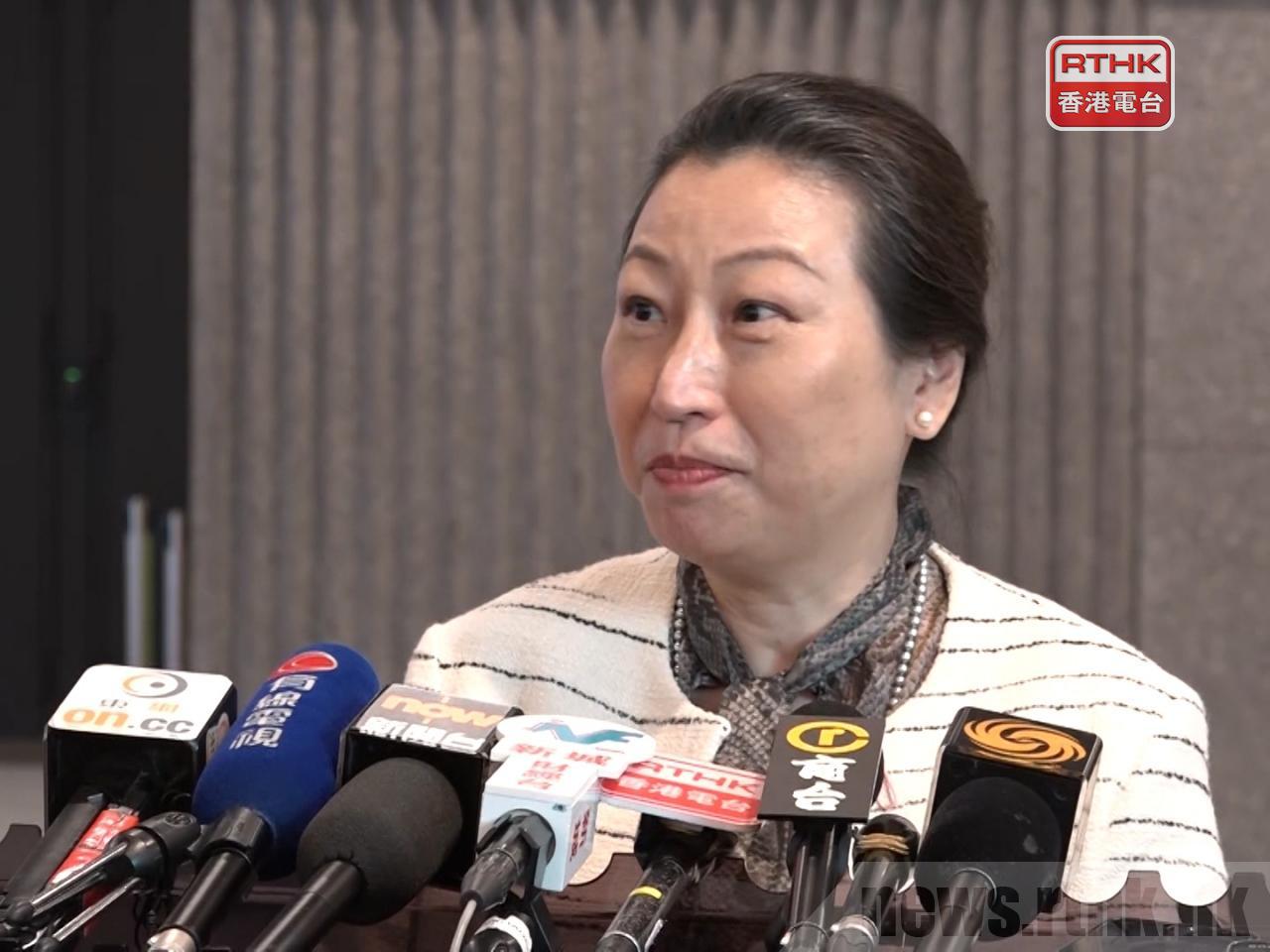The establishment and services of the International Organisation for Mediation (IOMed) can bridge cultural differences in dispute resolution, offer fresh options to involved parties, and strike a balance between settling disputes and preserving relationships, its secretary-general has said.
In an interview with state media, former justice secretary Teresa Cheng said "the presence of IOMed is aimed at complementing existing international dispute resolution services" and "fills an institutional gap in global mediation".
The IOMed takes as its mission the mediation of disputes between states or between a state and foreign investors, and international commercial disputes based on the will of relevant parties, and responds to real-world needs, Cheng, said, adding that Beijing's support would help the city in becoming "the capital of mediation".
"Mediation is not meant to override litigation or arbitration. Instead, it is centered on reconciliation, seeking mutually acceptable solutions without ruling on right or wrong, and forms part of a diverse spectrum of dispute-resolution approaches alongside the other two," Cheng said.
To illustrate its value, she pointed to real-world scenarios, where neighbouring countries locked in disputes often need to maintain diplomatic ties, and mediation can foster peaceful coexistence.
International investments, which typically span 10 to 30 years, can be derailed by confrontational legal processes, but mediation can smooth differences.
For example, it can "modify their current investment regime and investment concession arrangements" to keep projects on track and deliver win-win outcomes.
The Global South has a pressing need for a "cost-effective, time-efficient dispute resolution mechanism," she said, adding that these countries prefer to see their disputes "resolved in a more conciliatory manner" that yields "win-win" outcomes.
"They would also very much appreciate the ability to take control of the process and the outcome, and mediation affords them precisely that," Cheng noted, describing mediation as a "very flexible form of dispute resolution" that allows countries to design a process tailored to their specific disputes.
Mediation, as is clearly stated in Article 33 of the UN Charter, is one of the first means that should be tried in seeking peaceful solutions to international disputes.
But so far, there is not yet an intergovernmental legal organisation in this field.
The IOMed fills an institutional gap in international mediation and serves as an important public good in the field of the rule of law for better global governance, Cheng said.
China, as the "initiator and host country of the IOMed," has seen its role garner widespread recognition, gratitude and positive responses from other nations.
"All the member states I have encountered are very grateful for China's initiative in bringing this somewhat forgotten means of resolving disputes back to the forefront," Cheng said. (Xinhua)





